How Does Swing Weight Affect Your Golf Swing – Everything You Need To Know
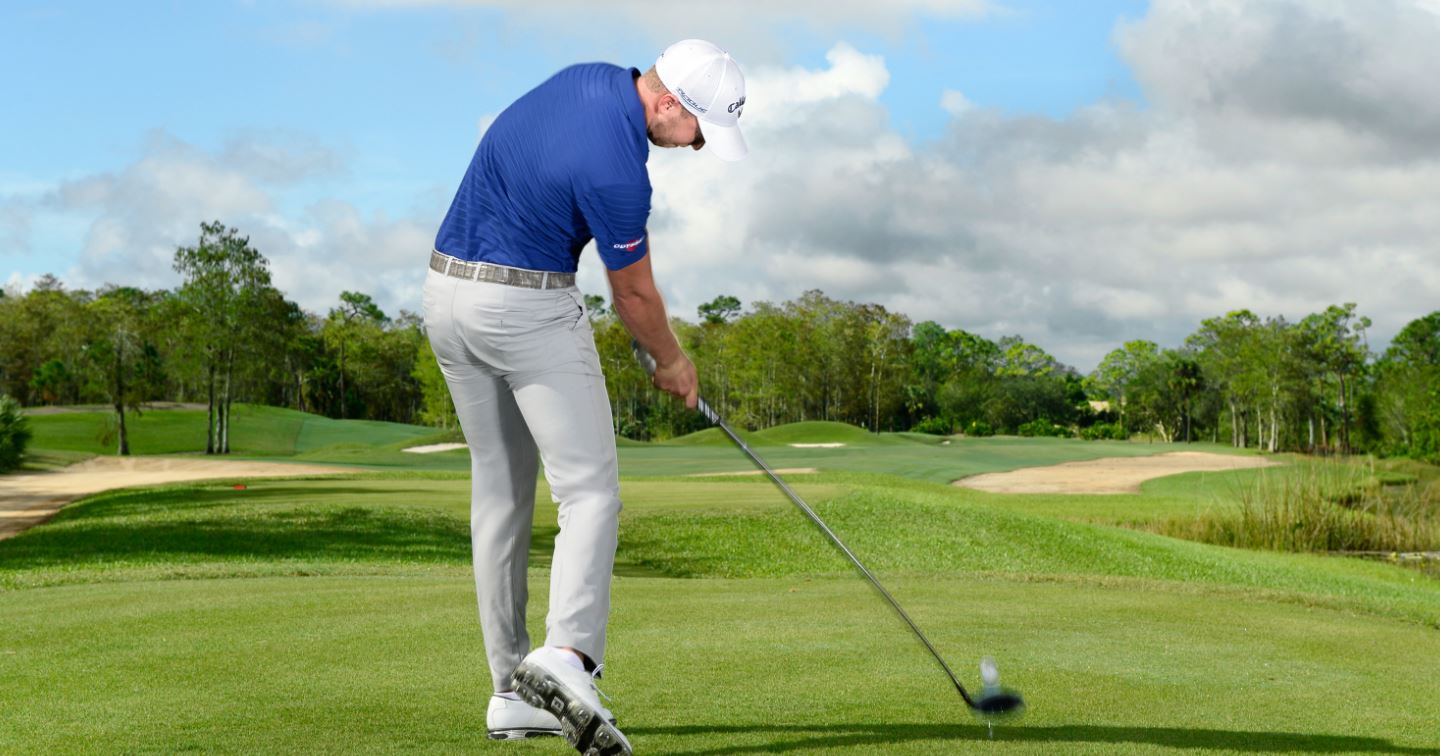
Every golfer has that club in their bag that just feels right every time they swing it. The club could be iron or wood, but for some reason, it just has the feeling you need when you put the club in your hand.
We all know that golf is a mental game, and part of this could be in your head. However, there is also some science behind why you have a favorite club in your bag and it could easily be the swing weight.
Swing weight can have a significant impact on your performance and is a consideration most golfers need to when choosing their golf clubs.
The fitting of golf clubs and the factors that impact the proper fit get a bit confusing. If you are curious about swing weight and the kind of impact it will have on your game, you are in the right place.
My Personal Experience With Golf Swing Weight
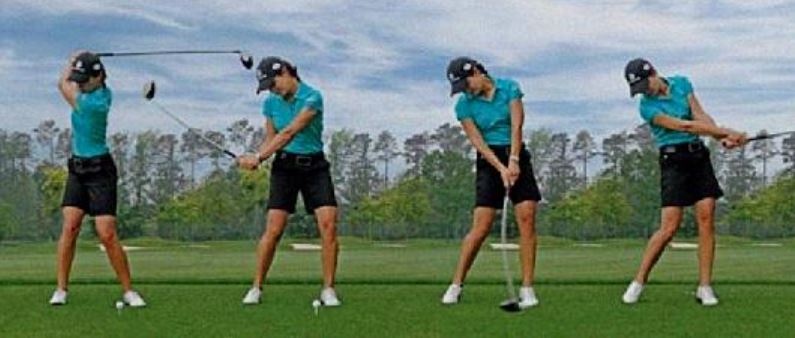
When I was a junior golfer, the golf clubs that were built for my golfing classification always felt too light. This feeling of a club being too light can impact the distance that you are able to hit and the accuracy as well. When a golf club is too light, you will have to change your golf swing in order to accommodate a slower and more controlled motion.
This never felt right to have to control the swing to accommodate the clubs. When I discovered the world of custom fitting and the ability to put together clubs that were not already sitting on the shelves, things changed considerably.
If you feel as though the options you are grabbing from a golf store’s shelves are not for you, it could have everything to do with swing weight.
How Important Is Swing Weight In Golf
If you are a serious golfer, you understand the impact of feel in the game. The better a club feels, the easier it is to use and the more accurate the results that you will be able to produce with the club. The swing weight is essentially how light or how heavy a club feels to a golfer.
The swing weight is more of a dynamic measurement, and it is measured on its own scale. This weight is not the same as taking the golf club and putting it on a scale to see how much it weighs. Instead, the swing weight is more of a balance point, and because of that, you will need a special swing weight scale and some understanding of what this swing weight is.
How Does It Affect Performance
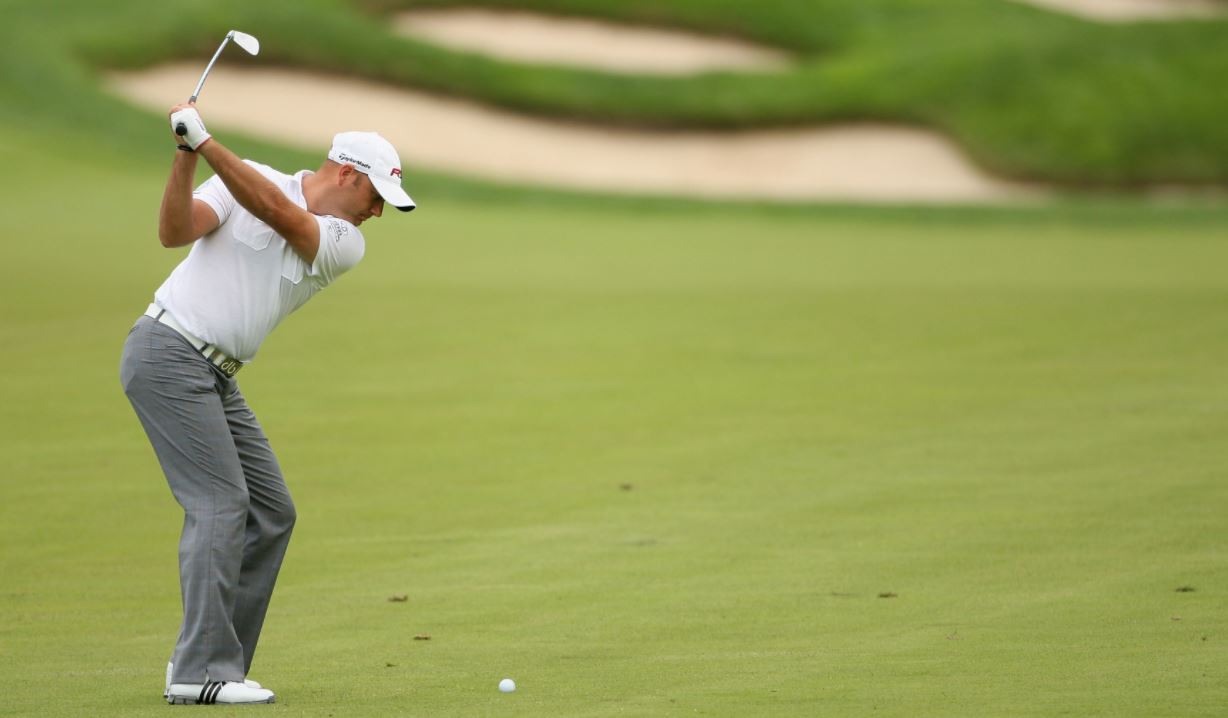
Since swing weight is how heavy or light a club feels to a golfer, it can significantly impact the game.
For golfers that are playing with a club that feels too heavy they may start rushing their golf swing and trying to attack the ball in order to get the club to perform.
Golfers that play with a club that is too light will have to slow down their natural movements to allow the club time to catch up.
The swing weight of the club seems to have the largest impact on the tempo of the player. If you want your tempo to remain smooth and consistent, it is best to use a swing weight that is perfectly matched to your game.
The closer your equipment can be to the specific parameters of your game, the more distance, and accuracy you can get from your golf clubs.
Does Swing Weight Affect Swing Speed?
Swing weight has a direct impact on swing speed. If you are swinging a club that feels too heavy for you, you will not be able to swing it as fast. If, instead, you have a club that feels lightweight, you should be able to get quite a bit more distance.
We have learned, especially in recent years, that the best way to get more distance in your golf swing is to increase club head speed. We are even seeing the professional golfers on tour work to increase their swing speed and get the distances that they need.
How Much Does Swing Weight Affect Distance?
Both swing weight and the total weight of the club are going to affect distance. In order to hit the ball far, you must be swinging at a high rate of speed, and the ball has to be hit in the center of the clubface.
Golfers need to find the club that has the perfect balance of weight for their game.
If you play with a very lightweight club, yet you have plenty of club head speed, you will likely be losing a few yards in the process.
If you play with a club that is heavy but you can still swing it with plenty of speed, you will get noticeably more distance from the club.
It has been found that if you can decrease the total weight of a club by 20-25 grams, you can see differences of up to 3mph in swing speed.
Certainly, this is a good amount of speed that will lead to a large increase in the distance of the shots that you can hit.
What Are The Swing Weight Classifications
Swing weight is not measured in grams, even though we are used to measuring our golf clubs and their shafts in grams.
The swing weight scale uses a letter and number combination, and it looks much more like a balance than a scale.
When swing weight is measured, the scale will range from A0 to G10. The A0 club will be the lightest on the scale, and the G10 would be the heaviest.
Although it is nice that the swing weight scale offers these types of measurements, most golf clubs in the market will be in the C to D range. A standard men’s golf club is usually right around the D1 swing weight, where a women’s golf club is more like a C7.
The scale for swing weights is not something that most average golfers have access to; this is a tool found at golf course fitting centers and locations.
Importance Of Swing Weight For Driver

As we have shown, the swing weight is going to impact the speed at which you can swing the golf club. The more closely the swing weight is matched to your individual needs as a player, the better the chance of you being able to capitalize on distance.
Since distance is the main factor with the driver, swing weight is essential. Many strong players will go to a driver with a slightly lower swing weight. They do this to make sure that they can get the full speed they need from the tee.
Sometimes this extra swing speed results in an extra ten yards of distance. Certainly, that is something that most golfers will not be complaining about.
Importance Of Swing Weight In Irons

When it comes to golf irons, swing weight is yet again important. With the golf irons, the most important thing is consistency.
Knowing that a golf iron has a certain feel and that feel is repeated among all the irons in the set will help you become a better golfer.
Speed is important with the irons, and you will want to make sure that the swing weight of the club you choose is one that you can swing fast; however, the more important factor is consistency. Choose something that you can consistently use to get you both accuracy and distance with your irons.
What Factors Determine The Swing Weight Of Your Clubs
As we mentioned, the swing weight is measured on a completely different scale that is used just for determining swing weight.
The number is really nothing more than a representation of a feeling that players have while using a club. Since this feeling is not necessarily a concrete measurement, there are many factors that will contribute to it.
The weight of the clubhead, weight of the grip, the weight of the shaft, and overall length of the club will come into play when determining swing weight. It’s hard for golfers to imagine that changing out a grip on their club will impact their swing weight, yet it does.
If you are not careful to adjust your clubs according to your golf game’s specifications, you can have issues with the overall swing weight. Simply cutting a half-inch off the length of your club is going to make the swing weight quite a bit lower.
How To Know What Is The Correct Swing Weight For Your Game?

Understanding how to get the proper swing weight for your game can be a bit difficult. Since this is not a measurement that you will be able to test at home, you will have to go for a fitting at a club fitting location.
If you don’t go for a fitting, you can experiment yourself with different swing weight golf clubs and try to determine which one seems to have the best feel to you. Without a plethora of available equipment and shafts, this can be hard to test.
Going for a golf fitting allows you to see immediate results of how one swing speed can change your golf game completely from the next. These are exciting factors and statistics to see.
Since swing weight is based so much on tempo and feel, the requirements for your game don’t change all that much. If you are a golfer that does well with a D2 swing weight, chances are you will use that weight for years to come.
Although golf fittings cost a bit of money, they tend to be worth it when you are making a large investment into your golf game.
How To Change The Swing Weight Of A Club
There were four main factors used in determining the swing weight of a golf club. The weight of the club head, shaft, grip, and overall length.
Making a small change in one of these factors may not change the swing weight overall, but it absolutely can. If you have a very heavy club and you take an inch of a length away, you will notice a pretty significant decrease in the swing weight.
When you changed the length of the shaft, the weight of the shaft likely went down as well. It’s also important to remember that there are other factors in the game that are impacted when you make these changes.
For instance, the golf club will become a bit stiffer when you decrease the shaft length.
Golf club fitting factors are all tied into each other, and when you change one, it is going to have a significant impact on the others. Never make a change to your golf club unless you understand the full impact that it can have.
How To Change Swing Weight For Irons
Aside from changing the overall length of the club or the grip that you put on it, one thing that many golfers will do is put lead tape on the club of their irons.
The lead tape is heavy, and it allows players to feel where the club head is throughout their golf swing. Although one small piece of lead tape may not make a difference, by the time you add two or three, you are going to see an increase in the swing weight of the club.
This is a good option for strong players who are using golf clubs that may not fit their individual game.
Best Swing Weights For Senior Golfers

Senior golfers tend to do best with swing weights in the low D range or high C range. As golfers age, their swing speed starts to slow down a bit, impacting the overall performance and distance that a player gets.
For senior golfers, finding the right swing weight could mean that they don’t end up losing lots of yardage in their game. Over time yardage will decrease as swing speed decreases.
Lessening the swing speed change slowing down will absolutely help seniors have more fun with golf as they age.
Should all my golf clubs be the same swing weight?
One of the most debated subjects for golfers is whether or not their swing weight should be the same on all of the golf clubs in the bag.
There are some people that believe having the same swing weight throughout all of your clubs is going to help you get the consistency that you need in your set.
However, others believe the swing weight in your golf clubs should be progressive. The concept here is that the clubs that you need to hit further, like the woods and driver, will have a lower swing weight.
Clubs that you need to get the most consistency with, the short irons are going to be the heavier swing weights to help you control your consistency and direction.
This concept works quite well for some golfers, even if the swing weight just changes slightly from a D1 to a D2 as you move towards the wedges in the set.
Sometimes having wedges in the bag that are the heaviest club you own is a good thing. The weight in the wedges will help to increase feel and performance.
Should I Get A Fitting To Ensure My Swing Weights Are Correct
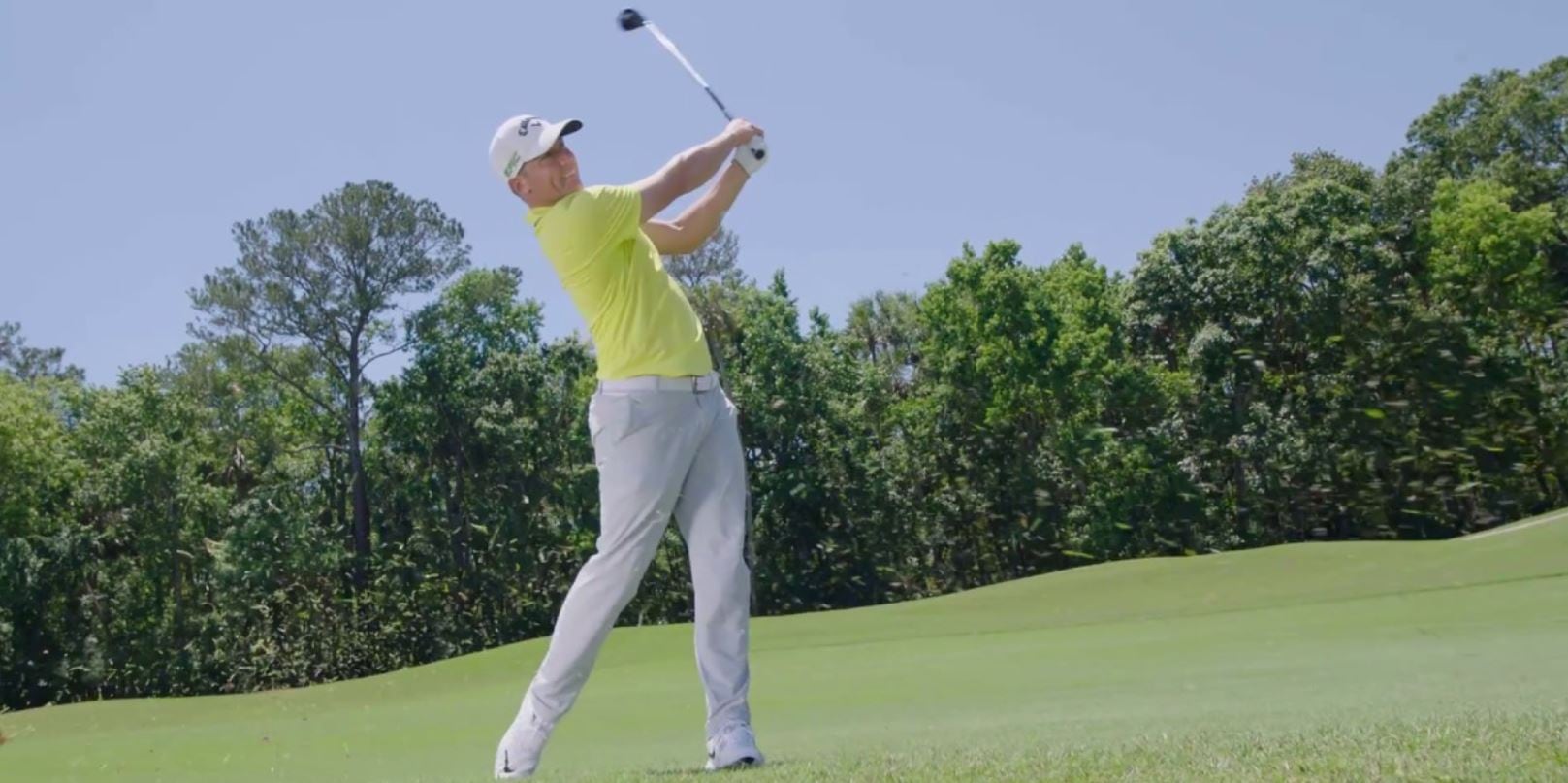
One of the most frequently asked questions when it comes to swing weight is whether or not a fitting is necessary. In order to get the most accurate stats and information for your golf game, a golf fitting is definitely necessary.
These fittings don’t always come cheap, and you may have to choose between a round of golf on the course or a fitting that weekend.
If you are a golfer who feels like your equipment fits you well and enjoying your current game, don’t worry about scheduling a fitting.
Use the fitting for a time when you are struggling or a time you think it would make sense to add another club to your bag.
You don’t need golf fittings every year; in fact, a golf fitting every few years is more than enough. You will notice that the detailed information about your golf game will not change all that much from one fitting to the next.
Conclusion
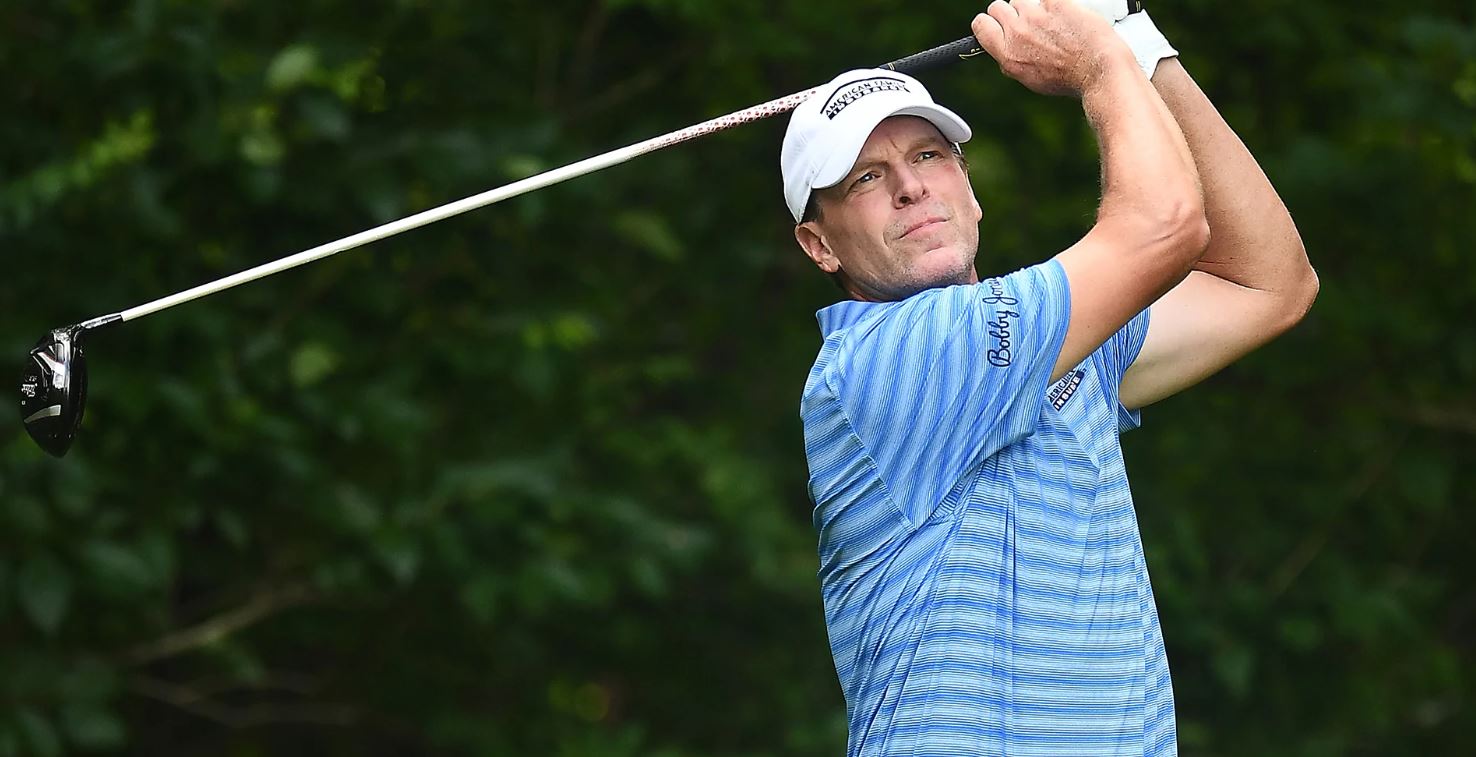
Hopefully, you now have a better understanding of what swing weight is and how it will impact your golf game. The more you understand about club fitting and how it changes your game, the better chance you have at playing your best possible golf.
Golf is a complex game with so many different factors. Sometimes these factors add up together and make the game much more difficult than it needs to be.
In order to keep things simple and enjoy your time on the course, invest some research and money into a set of golf clubs that fit you properly. It will be a decision you never regret.



